Read More
- Cohn, Jessica. On the Job in the Game. Concord, Mass.: Red Chair Press, 2016.
- Johnson, Jeremy. Unusual and Awesome Jobs in Sports. You Get Paid for THAT? NorthMankato, Minn.: Capstone Press, 2015.
- Raymos, Rick. STEM Jobs in Sports. STEM Jobs Youll Love. Vero Beach, Fla: RourkeEducational Media, 2014.
- Wunderlich, Richard. Math on the Job: Working in Sports. New York: Crabtree PublishingCompany, 2016.
About the Author
Danielle S. Hammelef is the author of more than 17 books for children, includingthe Capstone Blazer Special Effects series on movies. She has also written award-winningchildrens magazine stories, nonfiction articles, poetry, and puzzles. Danielle lovesto watch animated films and has lost track of how many times shes seen her favoritessuch as The Incredibles, Shrek, and Finding Nemo. Before becoming a freelance writer,Danielle earned a degree in environmental engineering from Michigan TechnologicalUniversity. Danielle currently lives in Novi, Michigan, with her family.
INTRODUCTION
Crazy About Sports
If youre reading this, chances are youre crazy about sports. Maybe you love soccerand the thrill of intercepting a pass. Maybe you cant get enough of basketball the squeak of rubber on polished floors and the swish of the nothing-but-net balls.Or maybe you live for the sweet crack of the bat that sends a baseball sailing overan outfielders head. Whether you play or just watch sports, you are among millionsof people around the world who love athletic competition.

When most people picture their dream jobs in sports, they think about the glamorouslifestyles of professional athletes. You see them at sports stadiums or watch thecompetitions on television. But these athletes dont build or run their own stadiums.They dont announce play-by-play action. And athletes arent stitching up their own cuts on the field. Athletes needpeople working behind the cameras and microphones to help them perform their best. Theyneed talented sports enthusiasts just like you who want to build careers focusedon professional sports.
Almost any of your talents can be used to find a job in sports, whether you havea knack for writing or making friends. The career possibilities are endless frombeing a team doctor or athletic trainer to finding skilled players for a professionalteam as a talent scout. Each job needs savvy sports fans like you who want to bepart of the game.
CHAPTER 1
Team Physician
Injuries are part of sports. Even athletes who are in top physical condition gethurt. Sports teams rely on one of their most important team members the team physician to get their athletes back into the game as soon as possible. This highly educatedindividual doesnt wear a team uniform. But he or she has trained for 12 to 16 yearsto be part of a teams staff. If you want to be a doctor and work in sports, youcan do both as a team physician.
Professional sports teams each have their own team physician. A glamorous perk ofbeing a professional sports team doctor is that you attend all home games and travelwith the team to away games.
During games, team doctors remain on alert, ready to jump into action to administerfirst aid. As a team doctor, you treat concussions, back injuries, sprains, strains,heat-related sicknesses, nausea, and other injuries. For every game, you also comeprepared to treat heart-related emergencies. Team doctors know how and when to performcardio pulmonary resuscitation (CPR). They must also know how to use an automatedexternal defibrillator (AED) to restore regular heart rhythms.
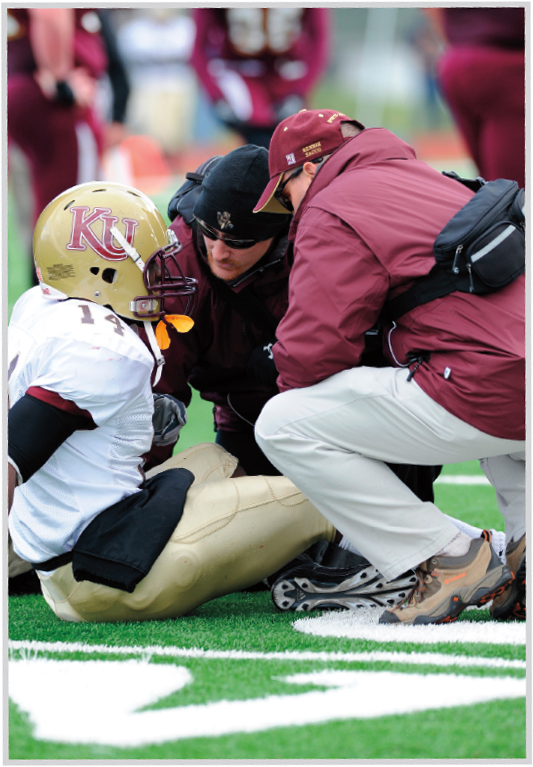
MEET DR. C. DAVID GEIER JR., MD, SPORTS MEDICINE
When asked why he wanted to become a doctor, Dr. C. David Geier Jr. said, I wanteda career that would challenge me every day. I felt like whatever field I ultimatelychose within medicine, I would have new problems to solve, new diagnoses to make,and new opportunities to make people better.
Dr. Geier is excited about the future of sports medicine. I think that sports medicinewill continue to advance with new technology and equipment to treat athletes injuriesbetter surgically. The rehabilitation and medical treatments available will improveas well. I expect that we will be able to get athletes and people who like to exerciseto have longer careers and be able to play sports and exercise longer and more successfully than ever before.
If athletes suffer injuries that prevent them from playing, team physicians takecharge of coordinating recovery. As a team doctor, it will be your responsibilityto explain athletes medical conditions and recovery plans. You will need to be ableto detail these things to both the athletes and the coaches so they fully understandthe extent of the injuries.

At a Glance
Also known as: Team doctor, orthopedic surgeon, sports medicine specialist
Overview: Team physicians treat athletes on the team for injuries and coordinatemedical care for injury recovery.
Education: Undergraduate college degree, followed by four years of medical schooland four to five years of post-medical school residency, depending on your degree;surgeon requires five additional years of general orthopedics and one year dedicatedto sports medicine; physicians and surgeons must pass a license exam in order topractice their specialty.
Special skills: Confident, empathetic, hardworking, self-motivated, excellent communicator
Salary: $25,000$68,000/year
One of your biggest responsibilities as a team doctor is giving athletes the greenlight to return to play. Sometimes team physicians face pressure from their patientsand coaches to put the athletes back into the game before theyre ready. But eventhough pulling a star player may hurt the teams performance, the long-term healthof the athletes should be your focus. A good physician knows putting athletes backin the game before theyve fully recovered can lead to worse injuries.

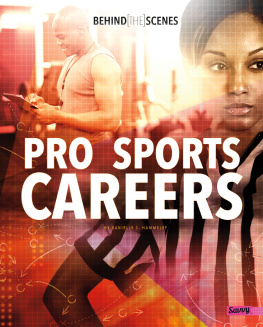
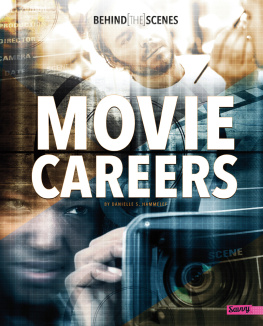

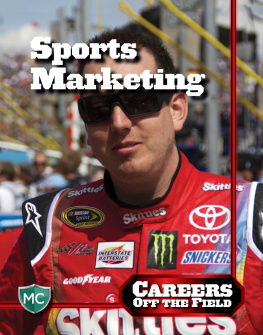
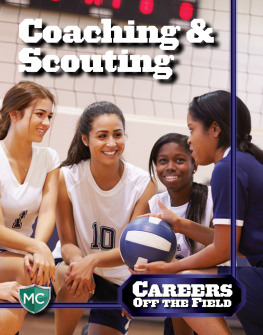

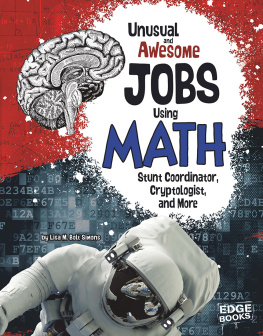
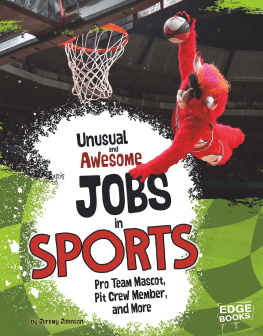
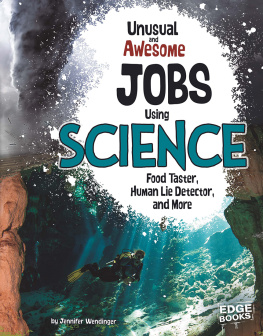











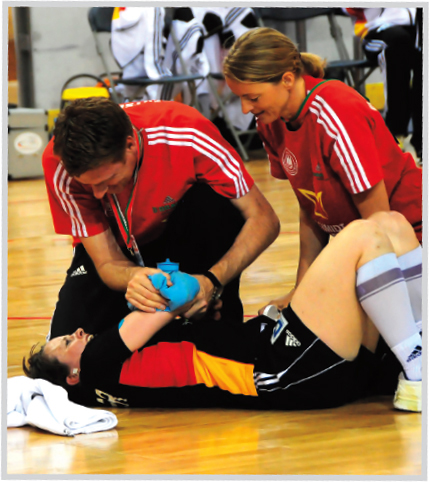


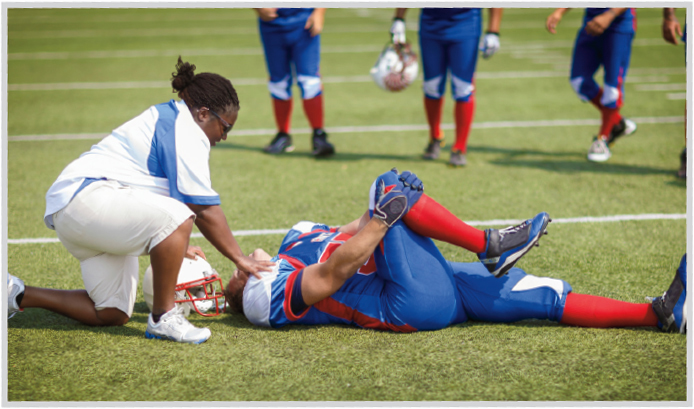
 At a Glance
At a Glance